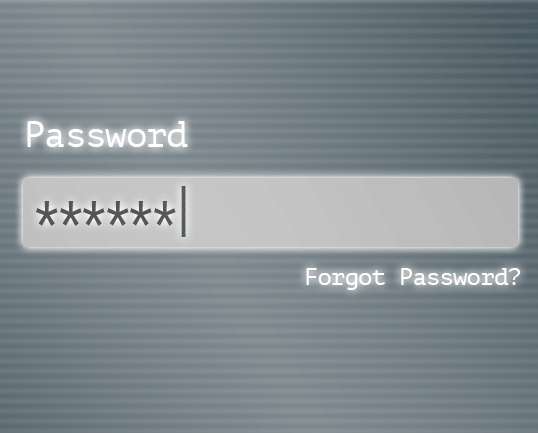Protecting yourself online (or why "password" is not a good password)

Not that long ago, having a password that was just 8 characters long and just a single word was commonplace and considered by many as an acceptable level of security. Today however, using a single word or name, or using a word with a single digit or sequential number at the end, is just asking for trouble.
You’re probably thinking right now “Oh, but this doesn’t apply to me, no one would want to get into my email account, there’s nothing important in there”. The reality is: If you have an email account, at some point someone ( or more likely, some automated bot ) will try to gain access to your account.
In most cases (but not all) they aren’t trying to access your account in order to gain access to your personal data. More often than not it will be an automated bot which will try out millions of passwords until it succeeds. It will then use your account to send out a flood of spam, which will very likely get your email account blacklisted by one of more of the many spam blacklists around the world.
Choosing secure passwords
We realize that having a different password for every online account you use is impractical for most of us and having a completely random 15 character password with upper and lower case letters, numbers and symbols is next to impossible to remember. However it is possible to come up with memorable passwords that are hard for a bot to break. And by organizing your accounts into a few groups, each with a different password, can also make things easier.
Here are some tips to create a secure password that is easy to remember :
- think of a couple of short unrelated words that mean something to you
- think of a memorable number or string of numbers & letters ( an old phone number, old postcode, your first car licence plate or a special date)
- combine the above with a special character inserted between one or more of the elements or at the start or end and capitalize one of the words you selected.
For example:
pool mine 92 becomes pool!Mine!92
Which ( if those were your words ) would be memorable, but also secure.
Here’s a short video with John Oliver talking to Edward Snowdon about passwords
And if you’re interested, here are the top 20 most used passwords from 2015
1) 123456
2) password
3) 12345678
4) qwerty
5) 12345
6) 123456789
7) football
8) 1234
9) 1234567
10) baseball
11) welcome
12) 1234567890
13) abc123
14) 111111
15) 1qaz2wsx
16) dragon
17) master
18) monkey
10) letmein
20) login

